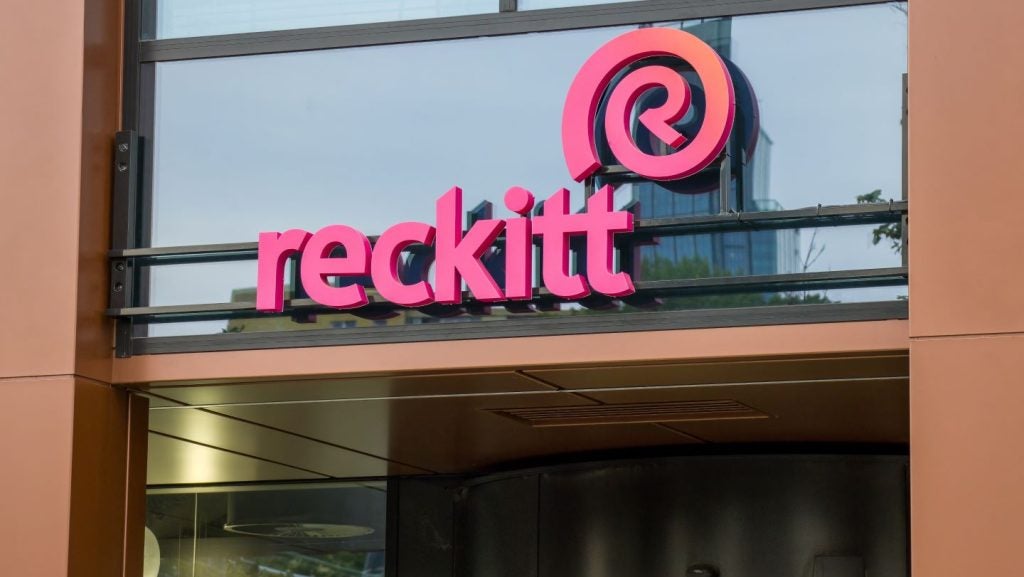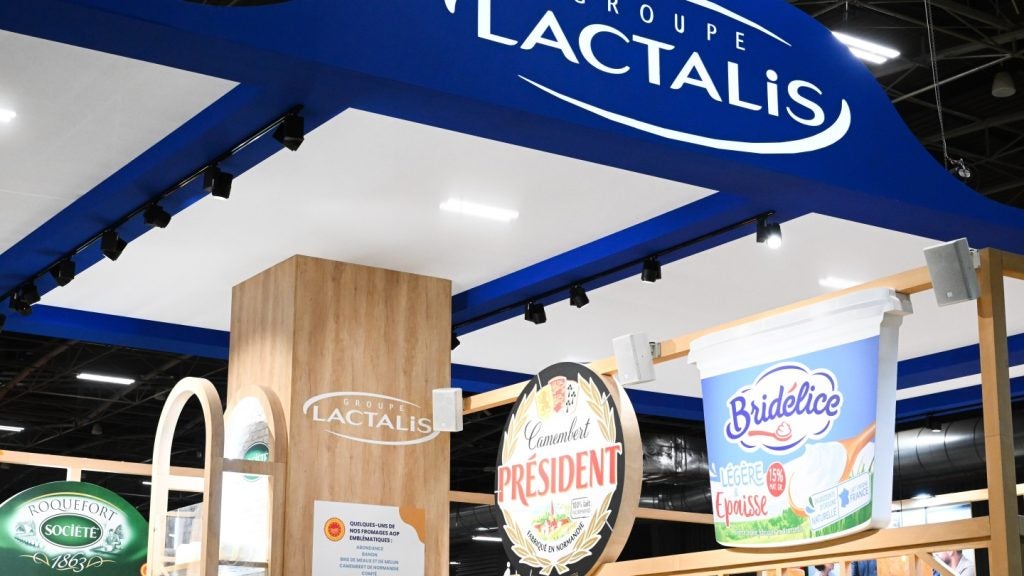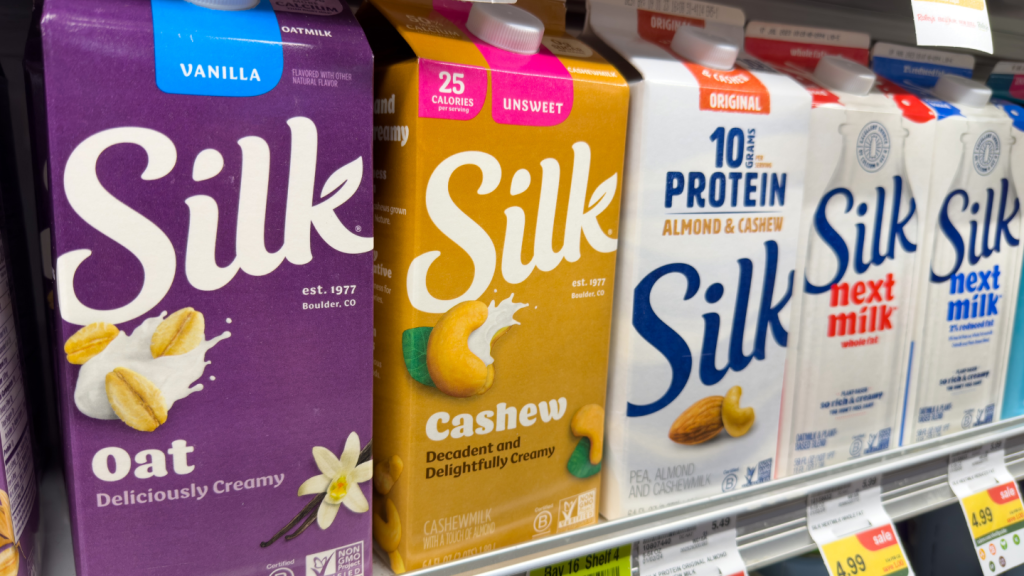Reckitt Benckiser’s Mead Johnson unit and Abbott Laboratories have been cleared by a Missouri court relating to claims certain brands of their premature infant formula can cause a serious gut condition.
Specialist legal news service Law 360 said the claim filed by the Whitfield family was the first to be lodged against both Mead Johnson and Abbott relating to the life-threatening intestinal disease necrotizing enterocolitis (NEC), which can affect premature babies fed with specialised formulas.
Reckitt confirmed the latest ruling by the St. Louis, Missouri State Court in a statement on behalf of its Mead Johnson nutrition business unit yesterday (31 October). The London-listed company’s share were up 8.52% at 12:26 GMT.
“Today’s verdict is consistent with the scientific consensus that there is no established causal link between the use of specialised pre-term hospital nutrition products and NEC, and that where human milk is unavailable or when supplementation is necessary, specialised pre-term hospital nutrition products can provide essential, life-saving nutrition,” Reckitt said.
The Whitfield case is one of many pending in the courts by plaintiffs relating to NEC against the two companies, estimated by Barclays analysts in March to number in the 100s.
Mead Johnson had already been ordered to pay $60m in damages in March to Jasmine Watson, the mother whose baby died after being fed the company’s Enfamil Premature 24 brand of formula.
Abbott, meanwhile, was ordered by the same court in July to pay $95m in compensation and $400m in punitive damages to the Gill family, whose lawyers claimed their baby, Robynn Gill, had “suffered severe, irreversible brain damage” from NEC.
Asked for comment, Abbott said in a statement: “The decision reinforces what we, the medical community and regulatory bodies have said: that pre-term infant-nutrition products are safe, and there is no reliable scientific evidence that they cause or contribute to cause NEC.
“Abbott stands by the vital role its pre-term infant formula and human milk fortifiers serve in the hospital in nourishing premature babies.”
Reckitt, which has since launched a strategic review of its nutrition division housing Mead Johnson since the March fine, provided a similar response in the wake of the latest court ruling.
“It demonstrates that the claims in this case were not supported by the science or experts in the medical community, and this case, like all the others brought by the plaintiff’s bar, should be dismissed.
“This outcome illustrates that moving forward, plaintiffs face significant challenges due to the heavy burden they must meet in proving elements of their claims in every single case.
“We will continue to vigorously defend ourselves against all other cases in the interest of safeguarding the health of premature babies.”
Concerns had previously been raised by analysts on the potential cost to Reckitt and Abbott if the pending cases proved successful.
The European consumer staples team at Barclays suggested today (1 November) that plaintiffs in the Whitfield case were seeking $6bn in damages.
“This is the first legal victory for defendants, having previously lost the Watson and Gill trials,” they wrote in a research note. “We think this verdict may make Reckitt more attractive to risk-adverse investors.”
Barclays suggested a possible scenario is that Reckitt settles for $1bn in NEC liabilities either late next year or early in 2026.
















